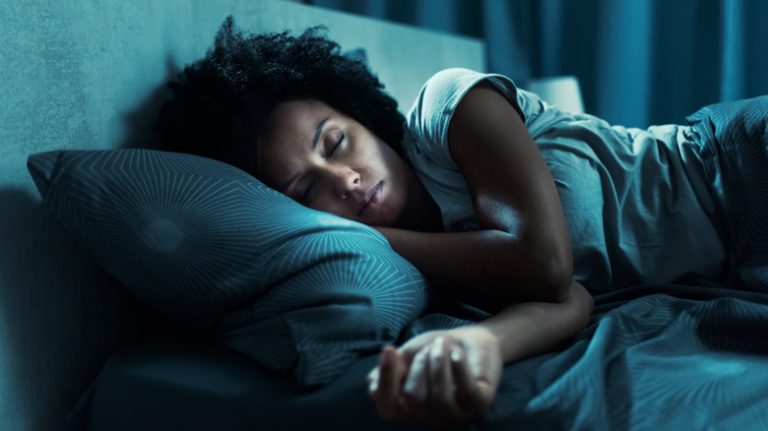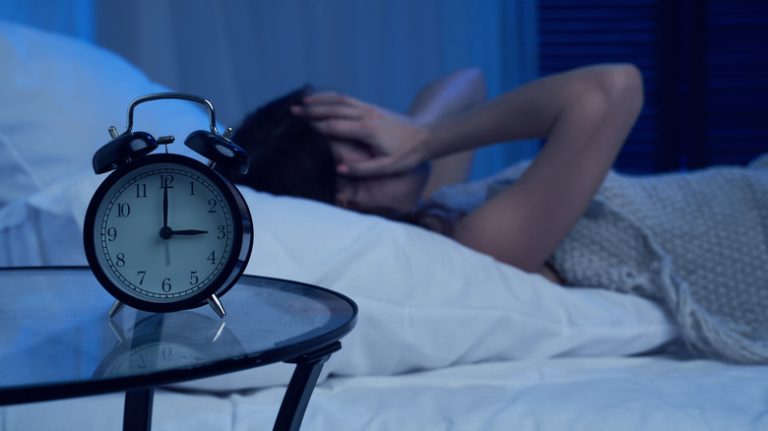Melatonin is a hormone produced by the pineal gland in the brain in response to darkness. Its main function is to regulate the sleep-wake cycle, also known as the circadian rhythm, says the Cleveland Clinic. Synthetic melatonin is also available as a dietary supplement and is often used to help individuals who have difficulty falling or staying asleep, such as those with insomnia or jet lag. The supplements are available in various forms, including tablets, capsules, and gummies. A 2024 study published in the journal PLoS One found that melatonin supplementation was associated with significant improvements in sleep onset latency (the time it takes to fall asleep), total sleep time, and sleep quality in individuals with primary insomnia.
There are several types of melatonin supplements, including regular or immediate release melatonin and extended release, per Healthline. The immediate release is rapidly absorbed by the body and helps people fall asleep quickly. On the other hand, the extended type is released slowly over the course of several hours and helps people stay asleep throughout the night. It is often recommended for people who have trouble with nighttime waking.
What’s the best time to take melatonin?

According to the Sleep Foundation, there are different types of melatonin that all work differently. Furthermore, the effectiveness of melatonin may depend on the dosage. A 2024 study published in the Journal of Pineal Research notes that a higher dose of melatonin (5 mg, compared to a low dose of 0.3 mg), given 30 minutes before bedtime significantly increases sleep time. According to the Cleveland Clinic, melatonin levels typically rise at night and peak during the middle of the night, then decrease as the day approaches, which coincides with the body’s natural sleep cycle. Therefore, taking melatonin during this time can help supplement the body’s natural melatonin production and promote sleep.
It is important to note that the ideal timing for melatonin supplementation may also depend on a person’s individual sleep habits and lifestyle. For example, individuals who work night shifts or have irregular sleep schedules may benefit from taking melatonin at different times than those with regular sleep schedules. It’s therefore best to consult with your doctor on your best time to take melatonin.
Other factors that impact melatonin’s efficacy

The dosage and form of melatonin (such as tablets or gummies) may also impact its effectiveness and the optimal timing for use. The ideal melatonin dosage may vary depending on individual needs and health conditions. Generally speaking, 1 to 5 milligrams are commonly used, and it’s best to start with the smallest dose, says Healthline. However, depending on your condition, higher doses may be necessary, and your doctor may advise differently.
As with any supplement or medication, it is important to follow recommended guidelines from your doctor for dosage and timing to ensure maximum efficiency and safety. Healthline also warns against using melatonin when engaging in activities that require alertness (such as driving or operating machinery), as daytime drowsiness is listed as a common side effect along with headaches and nausea. Furthermore, taking too much melatonin can result in an overdose which may have a negative effect on the circadian rhythm.



